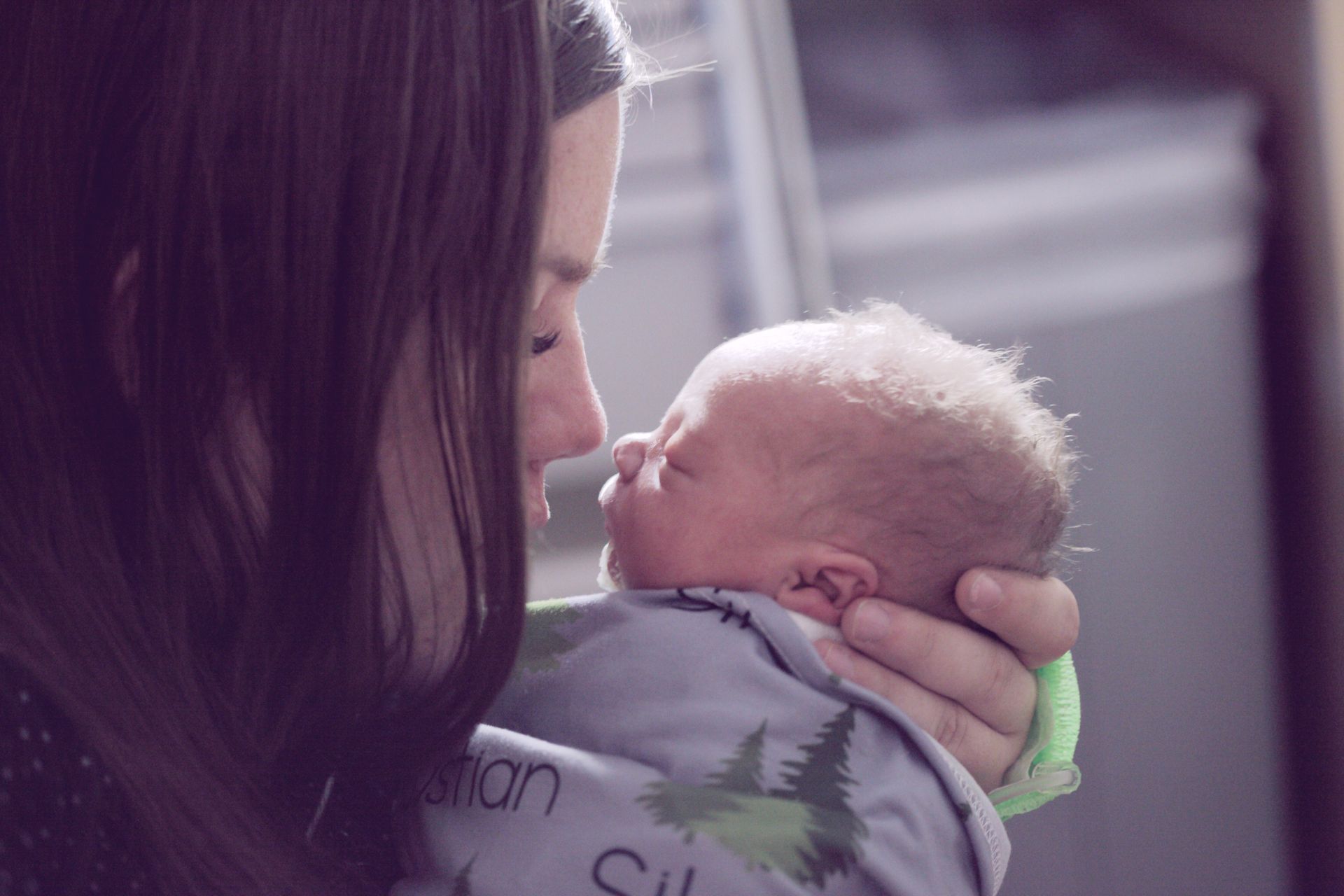Recognizing Postpartum Mood and Anxiety Disorders
Share this article:

Research tells us that about 80% of women will experience normal feelings of sadness and anxiety within the first few weeks of delivery. Some women may experience more clinically significant symptoms of anxiety, depression, obsessions and compulsions, and psychosis. One in seven women may suffer from more serious symptoms of depression or anxiety. Dads and other partners are also susceptible; one in ten men may experience postpartum depression. Postpartum mood and anxiety disorders can begin at any time during or after pregnancy; including in the case of a loss of pregnancy.
These symptoms may look unexpected:
- Agitation
- Anger
- Insomnia
- Hypervigilance
- Drug and/or alcohol dependence
If you think you may be suffering from a perinatal mood disorder, please know that you are not alone, that you are not to blame, and that you can be well again.
Many of the mothers that I have encountered since becoming a clinical therapist have echoed the relief I experienced when we agree on the challenge of parenthood and the realistic toll that a newborn can take on one’s psyche.
When I was two weeks postpartum with my first child, I walked into a “Mommy & Me Support Group” hoping to see a handful of other mothers that looked just like me: sleep-deprived, spit up on my shoulder, hair in a messy bun and yoga pants. I hoped that I would be validated in my struggle; to learn that I was not alone in feeling like I had just entered into the hardest time period of my life. Luckily, I was met with the warm smile of a social worker who informed me that although I had mistaken the time of the class, that she’d be happy to sit down and talk one-on-one with me. An hour later, I walked away feeling lighter and relieved to know that the range of feelings I was experiencing were all normal and to be expected.
After several weeks of attending my local hospital’s “Mommy & Me” support group as a new mother, I felt emboldened by learning from the collective knowledge of the group, validated by seeing others with bags under their eyes, and hopeful in seeing mothers with older babies who were getting more sleep. If you or a loved one has recently given birth or received a child by adoption, my hope for you is that you’ve found a place to be validated and encouraged. If you are struggling with more severe symptoms and think you may be suffering from a perinatal mood disorder, please consider making an appointment to begin healing today.
For immediate assistance to schedule an appointment, please connect with one of our Client Care Specialists at 630.718.0717, ext. 240.
Connect with Us:
Connect with Us:



